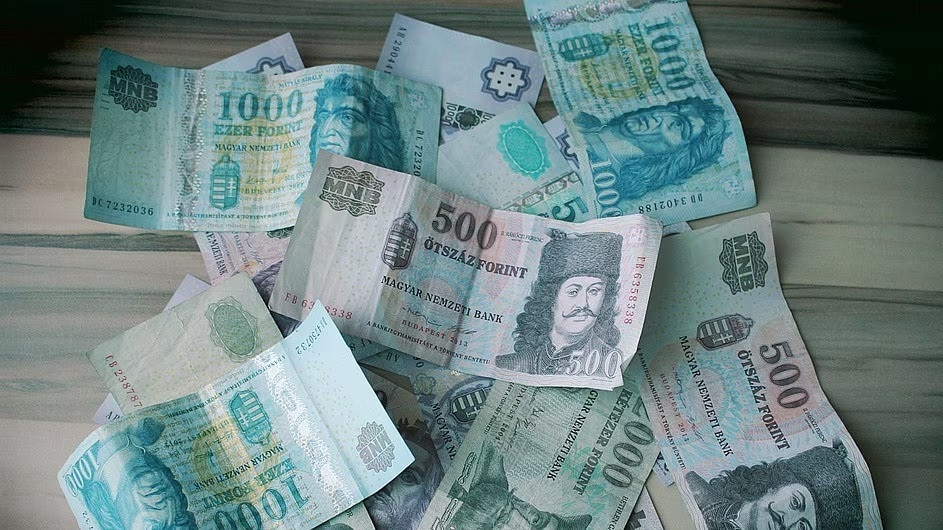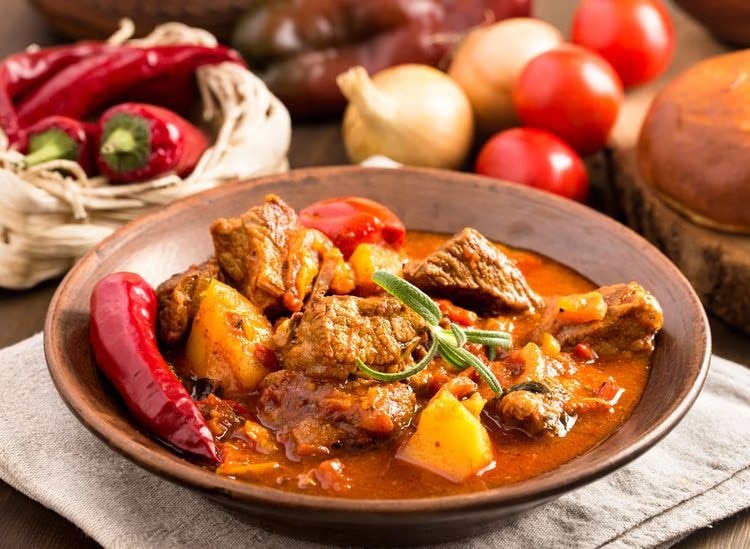Hungary Travel Tips and Information
Official Name
----
Capital
Budapest
Population
Country Code
Approximately 9.6 million people
HU
Country Code (international calls)
+36
The flight time to Hungary is approximately ---- hours. Check the climate, currency, religion, manners, other information of Hungary below. Wishing you pleasant travels to Hungary.
Hungary is located in Central Europe, along the middle reaches of the Danube River, and borders Austria, Slovenia, Slovakia, Ukraine, Romania, Serbia, and Croatia.
Local Climate / Weather
Hungary experiences four distinct seasons—spring, summer, autumn, and winter. The climate is continental, with hot summers and cold winters, while spring and autumn bring mild, pleasant weather ideal for sightseeing and outdoor activities. ・Spring (March to May): A great time to visit Hungary for those who prefer mild temperatures and blooming landscapes. Pack light layers, as temperatures can range from 10°C to 20°C (50°F to 68°F). ・Summer (June to August): Hungary’s peak travel season, with temperatures reaching 25°C to 35°C (77°F to 95°F). It’s perfect for enjoying lake regions and outdoor festivals, though it’s recommended to book accommodations in advance. ・Autumn (September to November): Known for cooler days and colorful foliage, autumn is an excellent season for wine festivals and city tours. Temperatures vary from 10°C to 20°C (50°F to 68°F), so bring warm layers. ・Winter (December to February): Hungary experiences cold winters with temperatures often below freezing, making it a magical time to visit Budapest’s Christmas markets and thermal baths. Be prepared for snow and cold weather gear.
Currency & Tipping
Currency
Hungary uses the Hungarian Forint (HUF) as its official currency. While the Euro is accepted in some tourist areas, it’s recommended to carry forints for daily transactions to avoid unfavorable exchange rates.
Tipping
Forints can be exchanged at banks, airports, and reputable exchange offices throughout Hungary. ATMs are widely available, especially in cities like Budapest, and generally offer competitive rates. Major credit and debit cards (Visa, Mastercard) are accepted at most hotels, restaurants, and stores, although cash may still be preferred in smaller establishments and rural areas. Tipping is customary in Hungary, and it’s appreciated in service industries. Here’s a guide on typical tipping rates: ・Restaurants: It’s common to tip around 10-15% of the bill at restaurants, especially if service isn’t already included. In Hungary, it’s polite to hand the tip directly to the server rather than leaving it on the table. ・Taxis: Rounding up the fare or adding a small 10% tip is standard. Some locals may not tip taxi drivers, but it’s appreciated in tourist-heavy areas. ・Hotels: Porters and housekeepers can be tipped 200-500 HUF for their assistance. It’s also polite to tip room service staff 10% of the bill. ・Tour Guides: If you enjoy the tour, a tip of around 10-15% or 1,000-2,000 HUF per person is a good way to show appreciation.
Useful Travel Information

Voltage & Electrical Outlets
Hungary operates on 230V electricity with a frequency of 50 Hz. The country uses Type C and Type F outlets, which are the standard European two-pin plugs. Travelers from the other regions may need an adapter or a voltage converter to use their electronic devices safely.

Internet Connectivity
Hungary offers reliable internet access, with free Wi-Fi widely available in hotels, cafes, and public areas, especially in cities like Budapest. For convenience, tourists can also purchase local SIM cards or portable Wi-Fi devices from major providers like Vodafone, Telekom, and Telenor. Hungary’s 4G network is strong and covers most regions, making it easy to stay connected throughout your visit.
Water for Consumption (Drinking Water)
Hungary’s tap water is safe to drink and meets EU quality standards. Visitors can refill water bottles directly from the tap, which is a convenient and eco-friendly option. Bottled water is also readily available in stores and restaurants for those who prefer it, with both still and sparkling options widely offered.
Culture, Religion & Social Etiquette
Culture
Hungary has a rich cultural heritage with deep-rooted traditions, influenced by its European and Magyar origins. Known for its music, folk dance, and crafts, Hungary celebrates its history through vibrant festivals and art.
Religion
The primary religion is Christianity, with Roman Catholicism being the most widely practiced denomination, followed by Protestant and Orthodox communities.
Social Etiquette
Travelers should note that manners in Hungary emphasize politeness and respect, especially in social settings. It’s customary to greet with a handshake, maintain eye contact, and use formal titles when meeting someone for the first time. Following these simple cultural norms can help travelers enjoy a warm and respectful experience while visiting Hungary.
Food Culture
Hungarian cuisine is rich, hearty, and known for bold flavors, often featuring paprika, garlic, and spices in its signature dishes. Travelers will find familiar comfort in Hungarian stews, soups, and meat-based dishes, like the famous goulash (gulyás), a spicy beef stew with paprika and vegetables. Hungary also has a vibrant street food scene, with treats like lángos—a deep-fried flatbread topped with sour cream and cheese—and kürtőskalács (chimney cakes), sweet dough wrapped around a spit and cooked over an open flame. For an authentic taste of Hungary, popular local restaurants like Menza in Budapest serve classic dishes in a modern setting, while Kispiac Bisztró is known for farm-to-table meals featuring traditional Hungarian flavors. Exploring Hungarian cuisine offers a rich culinary experience that balances hearty meals with street food favorites, providing tourists with a delicious and memorable journey through Hungary’s food culture.
Travel FAQs
Is English spoken in Hungary?
English is not widely spoken in Hungary.
What is the best season in Hungary?
The best season to visit Hungary is from May to September, when the weather is calm. Even if you go a little outside of the best season, there are other attractions, such as beautiful night views in winter.
What is the security situation in Hungary? Is there anything I should be careful of?
Although Hungary has a good public safety record, the incidence of petty crime is somewhat high. Please be careful while you are there.
When is the cheapest time to go to Hungary?
Winter is outside the best season for tourism in Hungary, but you can enjoy a trip at a slightly cheaper price.



